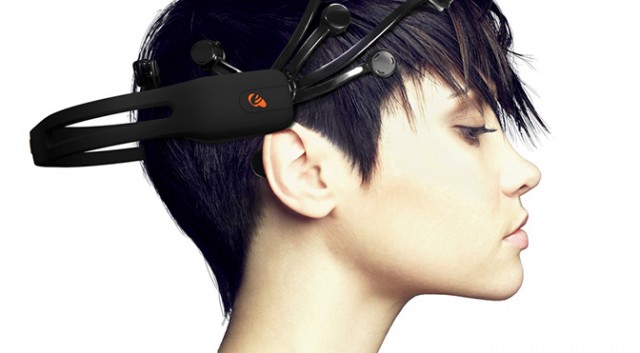Researchers at UCB Develop 'Passthoughts' Technology with a $100 EEG
Using a $100 commercial EEG, a team of researchers from UC Berkeley have developed a biometric login system that could allow "passthoughts" to become a reality.
Passwords and their associated attack vectors have made it fairly evident that we need a different method to secure sensitive information and other digital assets. A team of researchers from UC Berkeley may have developed a viable solution: the ability to use your brain as a biometric identifier and "login by simply thinking of your password."
This "passthought" technology utilizes a commercially available $100 EEG (electroencephalogram) manufactured by Neurosky that features a single electrode that rests over your brain's left frontal lobe. This electrode measures your brainwaves and then transmits them via Bluetooth to a nearby computer. According to research, their EEG has an error rate of under 1 percent, which is comparable to clinical systems that can feature hundreds of electrodes and are far more expensive.
As one would expect with any new technology, UC Berkeley's solution does have a number of obvious issues that would preclude its widespread adoption at this time. First of all, Neurosky's EEG is far from an elegant design, and we imagine that wearing one in public might be a touch embarrassing. Secondly, the 99 percent success rate is not nearly adequate for serious security applications. However, both of these issues are easily fixable; the former could be alleviated by a skin color electrode that is flush with the skin, and the latter through improved EEG hardware and biometric algorithms.
Get Tom's Hardware's best news and in-depth reviews, straight to your inbox.
Tarun Iyer was a contributor for Tom's Hardware who wrote news covering a wide range of technology topics, including processors, graphics cards, cooling systems, and computer peripherals. He also covered tech trends such as the development of adaptive all-in-one PCs.
-
jhansonxi Might someday be able to identify a password from an unwilling subject. Would require an implant to defeat. The tinfoil hat would be obsolete.Reply -
fonzy We are the Borg, you will be assimilated, you will adapt to service us..... resistance is futile.Reply -
dalethepcman Why would anyone "wear in public" a device that is specifically created to input passwords for accessing secure applications. Thats just silly...Reply
This kind of technology would be better used for stationary devices with a need for security like ATM machines, and personal computers. -
everygamer Or you do a 2-factor security system that combines the brainwave detection with another method to make it more accurate than the 99%. As to how it looks, who said you had to wear it around everywhere you go, make it something small that you just hold to your temple when you need to submit a password or something .. or build them into the equipment that would use them.Reply
